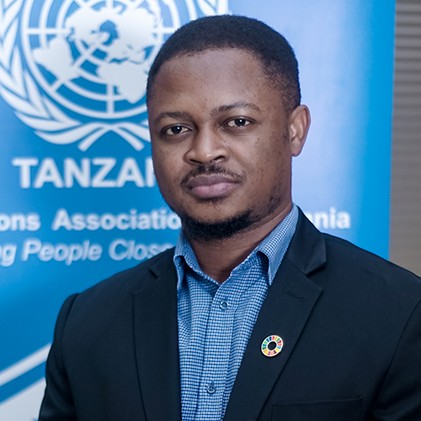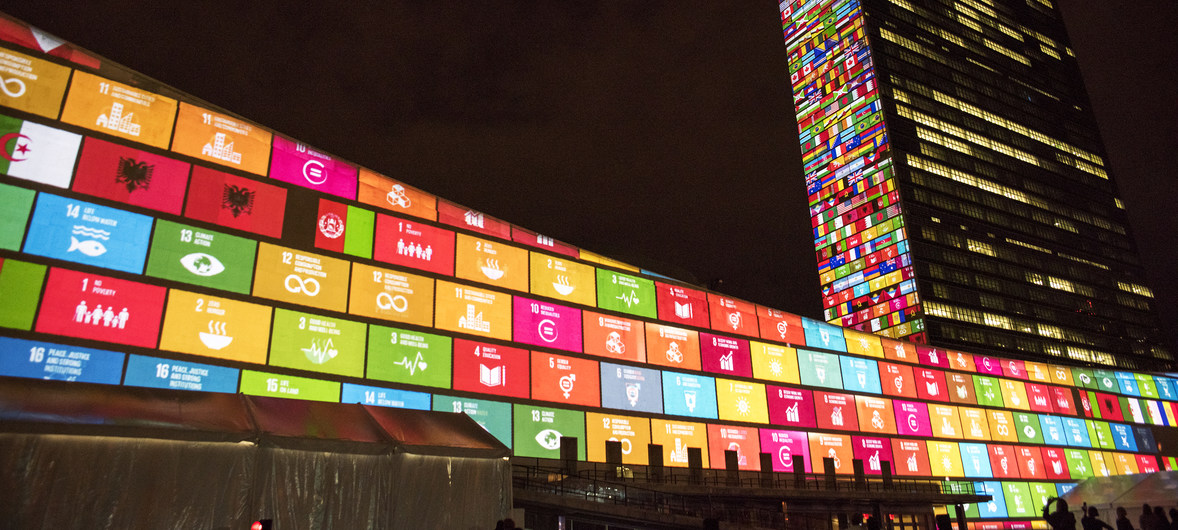French Audio
Slides
Each July the world community reviews progress on the 2030 Agenda — the Sustainable Developments (SDGs). As we approach “half-time” it is clear that the world is doing very badly. Very few targets are on track and some are regressing. The Secretary General has called for a “Rescue Plan” at the September 18-19 SDG Summit.
Another message loud and clear is that localization is key. A 2022 OECD report states 65% of SDG targets cannot be achieved without the involvement of local government. Power and resources must shift to local communities to unleash a whole-of-society approach to build the world we want. Many cities and regions have stepped forward with their own SDG strategies. Hundreds of cities and regions have submitted their own Voluntary Local Reviews.
Guest Speakers: This month we will hear from two civil society leaders committed to this process.

Sri H. Sofjan
Senior Program Administrator & Strategist, Huairou Commission. Sri is a member of UN-Habitat’s Advisory Group on Gender Issues and the Co-Chair of UN-Habitat’s World Urban Campaign. She was the first CEO of the Penang Women’s Development Corporation, Malaysia from 2012-13, the Programme Manager at UNIFEM (now known as UN Women) in Acheh, Indonesia from 2006-09. She first gained international exposure/expertise working with UNDP’s Asia Pacific regional project on urban management and urban governance from 1993-2004; and the global programme, Private-Public Partnership on Urban Environment (PPUE).

Reynald Maeda
Executive Director, UN Association-Tanzania. Reynald is a development professional with over 10 years experience in Sustainable Development field and Youth Development work in Tanzania. Actively engages in influencing National, Regional and Global Sustainable Development processes. He recently led the production of Tanzania’s first-ever Voluntary Local Review, for the nation’s second largest city, Mwanza. The study highlights several successes including reduction in under-five mortality, as well as numerous challenge as the city copes with rapid urbanization.


